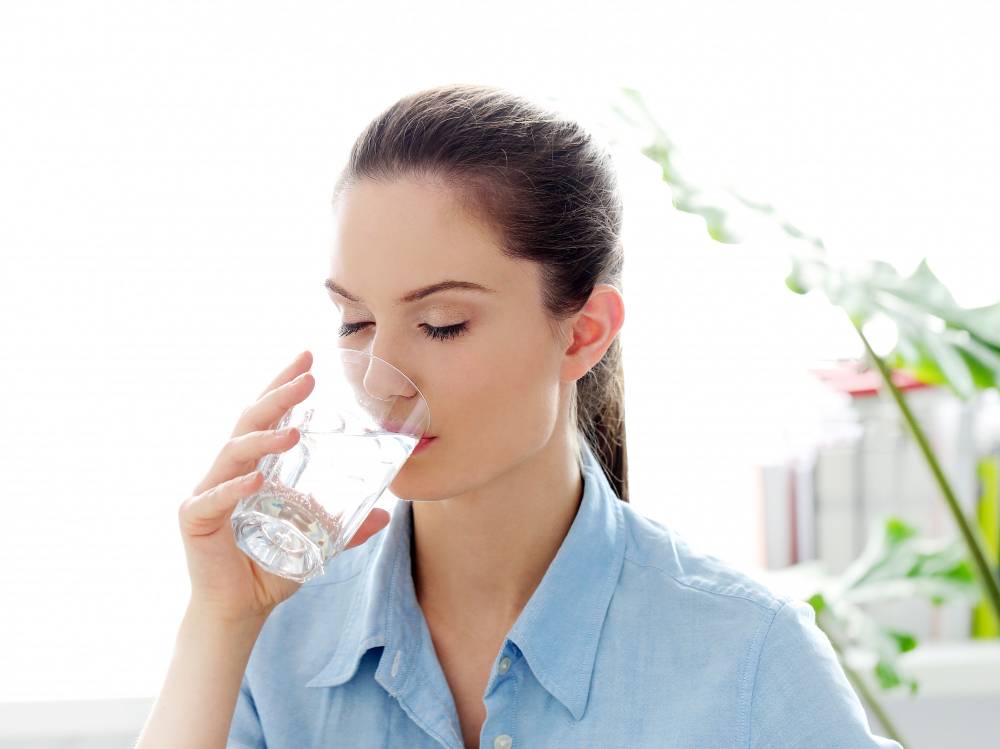Dehydration occurs when our bodies lose more fluid than they retain. Anybody can be subjected to it, and it could be mild or severe. If you don’t consume enough water from a water filter system, there might be serious consequences to deal with. It is important to know its signs and symptoms and learn how to cope with dehydration in order to maintain a healthy lifestyle.
What is Dehydration?
Dehydration is when the body does not have enough fluids to perform its routine functions. The human system requires water for digestion, regulating body temperature, and blood circulation. When water leaves our body through sweat, urine, or respiration without being replenished, we become dehydrated.
Symptoms of Dehydration
The symptoms of dehydration depend upon the level of dehydration. Here’s what you must watch out for:
Mild to Moderate Dehydration:
• Thirst
• Dry mouth or lips
• Dark yellow urine or less frequent urination
• Fatigue or weakness
• Dizziness or lightheadedness
• Headaches
Severe Dehydration:
• Extremely dry skin
• Rapid heartbeat
• Confusion or irritability
• Little or no urination
• Sunken eyes
• Low blood pressure
• Fainting
Children and older adults may experience symptoms differently. In infants, dehydration can lead to a dry diaper for hours or a sunken soft spot on the head.
Common Causes of Dehydration
There are many ways we can lose fluids and become dehydrated, including:
• Not drinking enough water
• Excessive sweating related to heat or exercise
• Illness, including infectious diarrhea, vomiting, and fever
• Hyperactive urinary, often due to another medical condition like diabetes
The older adult population is more vulnerable to dehydration because the sensation of thirst diminishes with age. Children dehydrate quickly, particularly when sick.
Hydration and Prevention
Water is used to conduct every task of the body. Water enhances good mood, functioning of the brain, and energy levels. To prevent dehydration, drink water throughout the day if you are not very thirsty. Keep a water bottle with you wherever you go outside or exercise. Consume food products that can hydrate your body. Fruits and vegetables, especially watermelon, cucumber, and oranges, are good sources. Limit the consumption of caffeine and alcohol because it will increase the loss of fluids in your body.
Be cautious when hot and keep well-hydrated if you are sweating more than usual. The water you drink is also crucial, as tap or bottled water may be contaminated. Installing a drinking water system is the best way to consume purified water and stay healthy.
Home Treatment of Dehydration
Mild dehydration is controlled at home by keeping hydrated through drinking water. In particular, water that is enriched with electrolytes can significantly accelerate the rehydration process, and that specifically where AQUAVITA electrolyte water can help.
When to Seek Medical Care
Seek medical care when you experience the following:
• Signs and symptoms include confusion, a racing pulse, or greatly diminished urine output
• When the patient happens to be a child or an elderly person with chronic persistence of symptoms
Severe forms of body water deficit at times can only be treated with intravenous fluids in order to immediately restore the fluids lost in the body.
Conclusion
Dehydration is a very common but preventable illness. Health can be maintained by drinking water that is rich in electrolytes and antioxidants, such as AQUAVITA water, during the course of the day at frequent intervals. Hydration during exercise, travel, and even at home keeps the body working well. Remember, thirst signifies that the body needs water, so keep sipping! AQUAVITA can help you install a home water filter in Canada that provides the optimal water for staying hydrated. Get in touch with us today!
